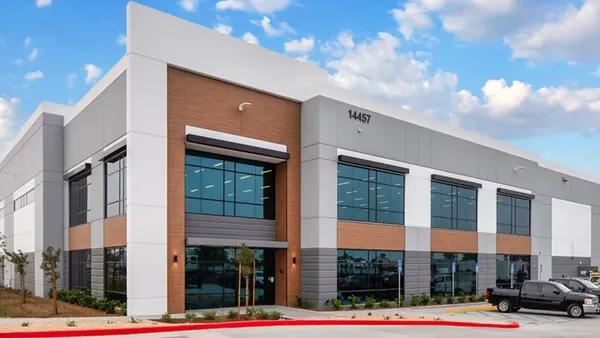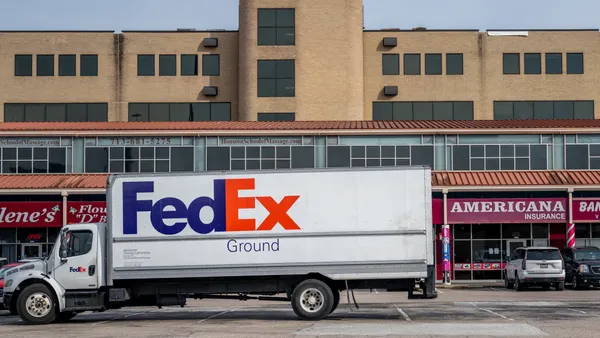Dive Brief:
- 90% of Fortune 500 companies operating within the U.S. sought assistance from one or more third party logistics providers (3PLs), an increase from the 46% initially found in 2001, according to supply chain consultancy Armstrong and Associates, Logistics Management reported.
- Shippers rely on 3PL outsourcing for cost control and efficiency improvements within the supply chain, and larger companies tend to rely most on 3PLs.
- 3PLs are especially effective at handling e-commerce needs within the B2C market, providing quality fulfillment by country. Revenue expectations for 2017 are likely to remain in the single digits, within a range of 4-6%.
Dive Insight:
Retailers shipping outside of the country face many hurdles, including tax, tariff and import laws. Establishing a separate international shipping department requires the education and potential certification of staff — an investment companies may want to avoid — especially when a high volume of products is involved. Referring the items to an experienced 3PL for proper handling is often cheaper and more effective, since the onus for accuracy transfers to the shipper.
A further aspect of 3PL value is that many larger scale logistics providers have numerous warehouses or fulfillment centers scattered throughout the country, meaning they need only draw from their stock at the nearest to customer location. Or, in the case of international shipments, they're able to source directly from a location in the country of purchase, cutting both the time and cost of shipments.
The expansion of 3PL usage in recent years reflects the move toward global trade, a trend from which may now be in retreat. Despite the U.S. and the U.K. moving toward greater isolation, global trade is so critical to economic health that 3PLs will continue to have a seat at the table, even if those spots shrink.













